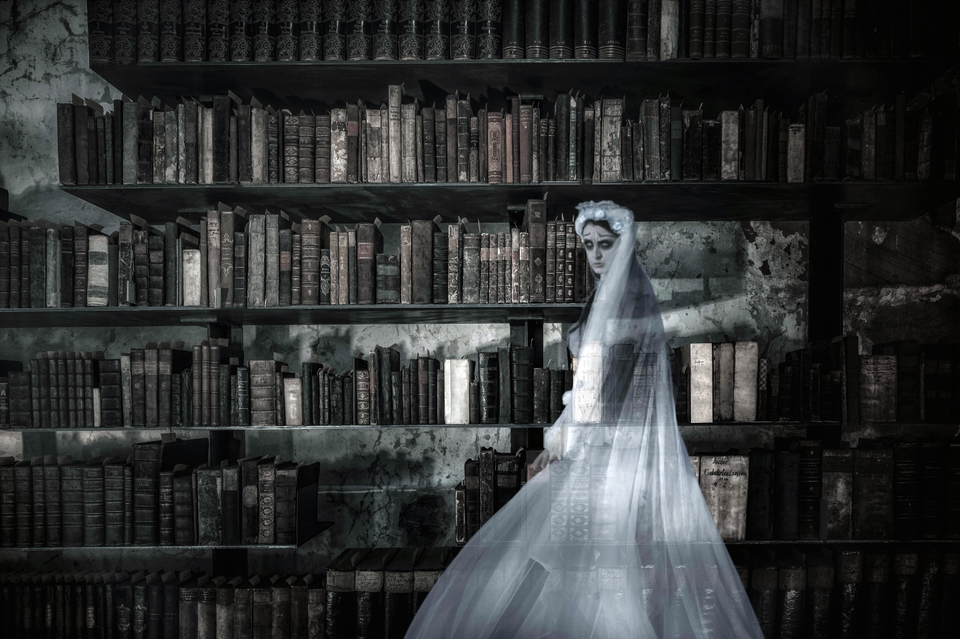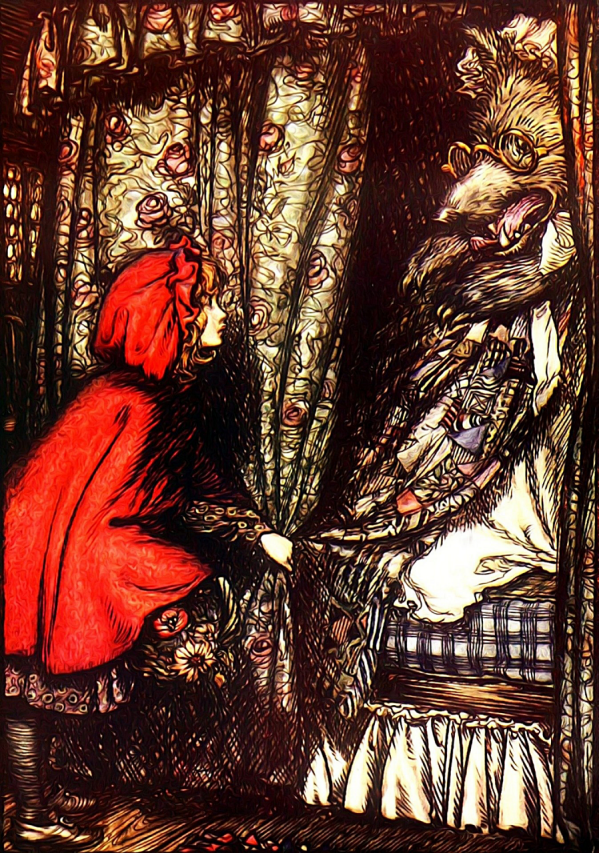James Priestley
BA (Hons) in Creative Writing (Aberystwyth), Dip.EH.P.NLP (BHR). MA in Creative Writing, part completed: PGCert (CW) pending.

BA (Hons) in Creative Writing (Aberystwyth), Dip.EH.P.NLP (BHR). MA in Creative Writing, part completed: PGCert (CW) pending.

It will not have escaped the attention of our members that we have given this website a significant makeover... and not in appearance alone. In fact, one might say the changes represent a complete metamorphosis. Our website has broken free from its former chrysalis self and taken wing to mature

In this essay, I explore how adoption of the graphic novel form by the American cartoonist Alison Bechdel for her 2006 autography Fun Home: A Family Tragicomic allowed her, I contend, to create a narrative with a deeper, more nuanced message than that possible in prose form alone.[1] Of

Introduction In one of the most well-known high fantasy adventure novels of all time, The Lord of the Rings by John Ronald Reuel Tolkien, The Lady Galadriel says about the Ring passing out of knowledge that ‘History (of it) became legend, legend became myth.’ We give legend and myth oral